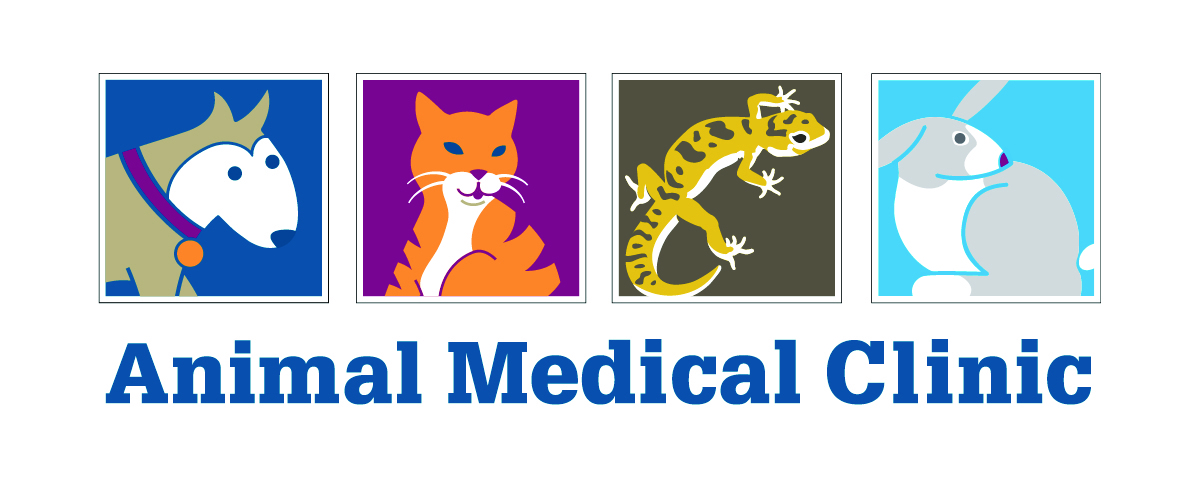
Bearded Dragon Have a Close Shave?
AMC is here to help!
Reptiles make fascinating pets. There is something so unique about the way a snake slithers around a branch, or a bearded dragon plods across a rock, that we just have to stop and stare. Some reptiles can also be quite social, and enjoy interacting with people. There’s nothing quite like spending the day basking in the summer sun with a tortoise!
However, reptiles’ unique nature also means caring for them can be difficult, and getting their home just right can be a challenge. What’s comfortable for a dog or a cat is pretty easy; if you are comfortable, they probably are too! But most of our reptiles come from places that are much warmer, and more humid than Minnesota. A nice warm 70 degrees is just too chilly for our scaly friends! What’s more, each species has a slightly different temperature preference, so there’s no one-size-fits-all answer to our reptile home.
Unlike dogs and cats, most lizards do not have a pre-made, completely balanced food option, which means feeding them is a bit more complicated than a scoop of kibble. We have to make them a balanced diet ourselves, by mixing insects or vegetables and calcium and vitamin supplements. One exception is Crested Geckos; their commercially prepared food options mean feeding a nutritious meal is easy as (completely balanced and nutritionally complete) pie! Snakes eat whole prey, which is also nutritionally complete, but not for the faint of heart! As a side note, live prey can easily injure a snake, so we always recommend feeding frozen thawed prey to be safe.
One of the most common diseases we see in reptiles is Metabolic Bone Disease, also called Nutritional Secondary Hyperparathyroidism by people who like long words. This occurs when our reptiles have low calcium levels, and end up taking calcium out of their bones to make up the difference! You may have heard of this disease by another name; rubber jaw, which occurs as the bones lose calcium and become soft and flexible. Just giving our reptiles more calcium isn’t enough to prevent rubber jaw- calcium metabolism relies on how much calcium our reptile eats, but also how much phosphorus, vitamin D, and even sunlight they receive! Getting all these components balanced just right is critical to the success of our reptile home.
Reptiles also pose different concerns for their human friends than our furry companions. Reptiles can carry Salmonella bacteria on their skin, which can then spread to us! It’s very important we always wash our hands well after interacting with our reptiles, and keep their cages clean.
Humans pose a concern for reptiles as well. Reptiles taken from the wild (called ‘wild caught’) are often sick by the time they reach a pet store, and carry parasites they encountered in the wild. Large-scale poaching of these reptiles can also damage their wild populations and habitats, and harms other species as well. Captive-bred reptiles, which is to say reptiles bred in the USA, are generally healthier, more well-adapted to living in a terrarium, and come without the risk of harming their native environment. If you are looking to purchase a reptile, be sure to find a captive bred species, and let their wild cousins stay wild!
While this article may make it sound like it’s too difficult or complicated to own a reptile, they really do make fun and fascinating pets. We just need to keep in mind that snakes and dragons and turtles are very different from cats and dogs and hamsters, and make sure we get our husbandry, or care of our animals, adjusted accordingly. If you have questions about your reptile, call us to schedule an appointment at (651) 690-1564!


